Question And Answer
Publications
Articles, publications, books, tools and multimedia features from the U.S. Institute of Peace provide the latest news, analysis, research findings, practitioner guides and reports, all related to the conflict zones and issues that are at the center of the Institute’s work to prevent and reduce violent conflict.
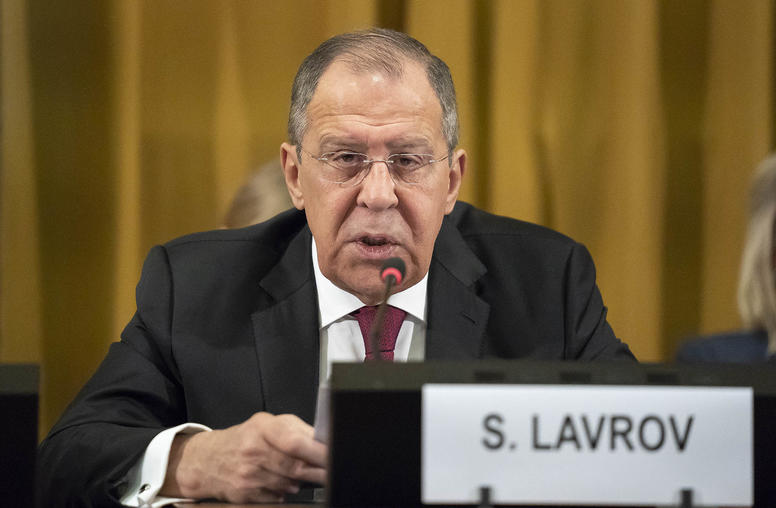
Amid War in Ukraine, Russia’s Lavrov Goes on Diplomatic Offensive
As Russia’s unprovoked and illegal war against Ukraine enters its seventh month, the Russian government continues its diplomatic offensive to prevent more countries from joining international condemnation and sanctions for its military aggression. Between July and August, Russia’s Foreign Minister Sergey Lavrov traveled to Egypt, Ethiopia, Uganda, the Republic of Congo, Myanmar and Cambodia — the last as part of the Association of Southeast Asian Nations (ASEAN) Foreign Ministers’ Meeting. This tour represented an evolving reorientation of Russian foreign policy from Europe to the Global South that has accelerated since Russia’s first invasion of Ukraine in 2014.
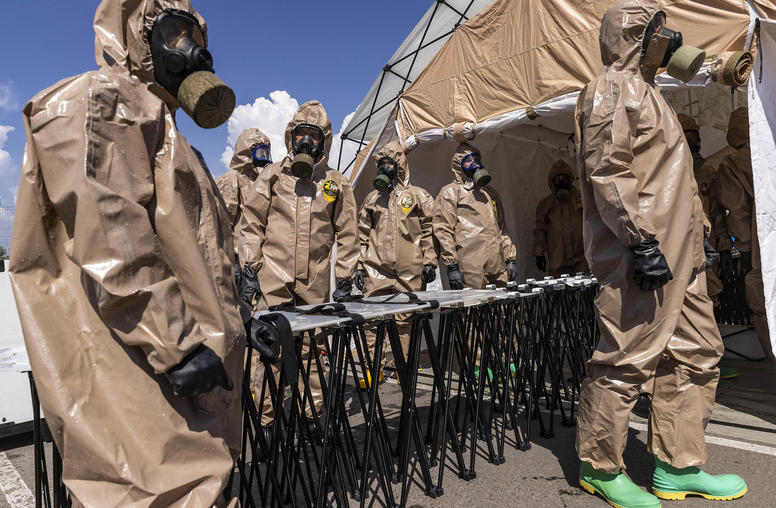
Russia’s New Nuclear Threat: Power Plants as Weapons
Russia’s invasion of Ukraine and occupation of Europe’s largest nuclear power station have triggered the first real-world case of a crisis that security scholars have feared for decades: a threat of radiological disaster from a wartime incursion on an operating nuclear power plant. Russia effectively is using the plant at Zaporizhzhia as a pre-positioned nuclear weapon to threaten and intimidate not only Ukrainians but millions of Europeans across a dozen countries. This is undermining global security institutions in which all countries have a stake, and Russia must join the international community in treating nuclear power plants as demilitarized zones.
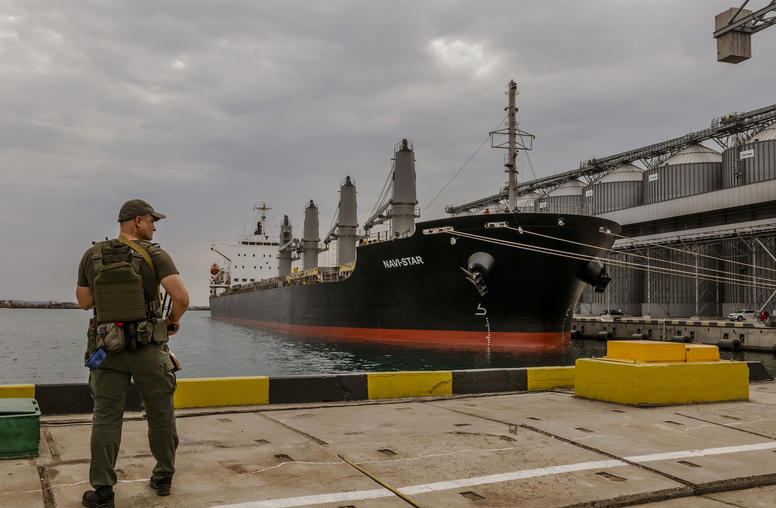
A Fragile Ukraine Grain Deal Raises Cautions on Talks with Putin
This week’s first exports of Ukrainian grain under a deal brokered by the United Nations and Turkey are a joyous headline for Ukraine and the many countries where the global surge in grain prices has caused food shortages. The deal could reduce prices if shipments accelerate, but it is vulnerable, as Russia signaled days ago by slamming missiles into Ukraine’s biggest seaport hours after formally agreeing to let that port ship its grain stocks. This fragile deal offers cautions for policymakers pondering eventual negotiations with Moscow to help end the Ukraine war and rebuild security in Europe.

Ambassador William Taylor on the State of Russia’s War with Ukraine
As fighting intensifies in eastern Ukraine, USIP’s Ambassador William Taylor says the war is now “a race … between the Ukrainians trying to get new weapons coming from the United States and other NATO nations while the Russians try to move through the eastern part of the country.”
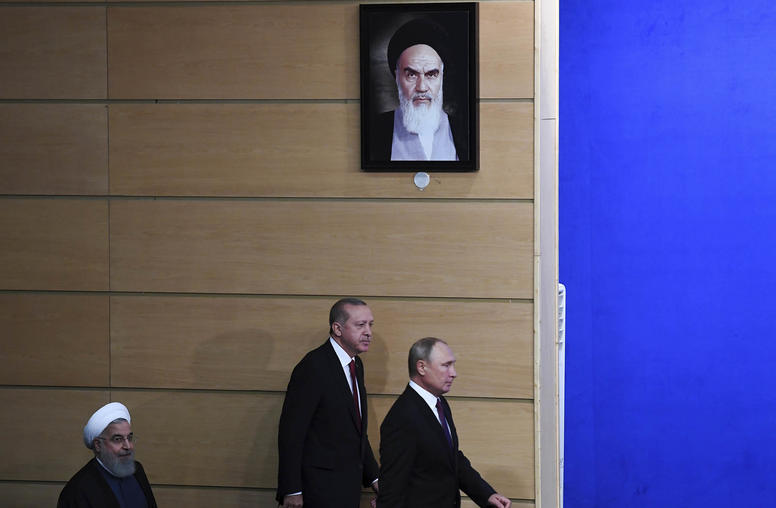
Putin and Erdogan in Iran to Discuss Syria’s Future, Ukraine War
The leaders of Russia, Turkey and Iran are gathering in Tehran, with Ankara’s threat of a new incursion into northern Syria likely to top the agenda. While Turkish President Recep Tayyip Erdogan has both domestic and strategic reasons for the move, Russian President Vladimir Putin and Iranian President Ebrahim Raisi want to maintain the status quo in Syria, where both their countries have expended significant resources to prop up the Assad regime. Russia’s war on Ukraine will also feature prominently at the trilateral summit. Iran has offered to provide Moscow with drones and Putin and Erdogan are reportedly set to discuss restarting Ukrainian grain exports in the Black Sea.
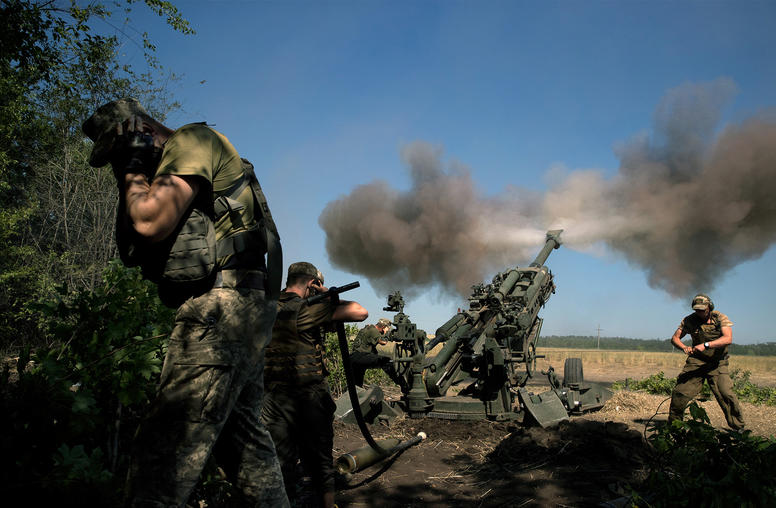
Russia’s Ukraine War Has Narrowed — But Not its Goals
Russia’s Ukraine war, launched in February along the 350 miles from Belarus to the Black Sea, has largely narrowed these weeks to a 45-mile-wide assault on cities in the Donbas region. This and other signals may suggest that President Vladimir Putin is limiting his war aims and will settle for consolidation of control over four provinces in southern and eastern Ukraine. Yet this is probably just a short-term change. Putin’s goal is unchanged, and he is prepared to achieve it by degrees. This reality undermines well-meaning suggestions for peace negotiations that are based on beliefs the Kremlin will settle for what it has now.
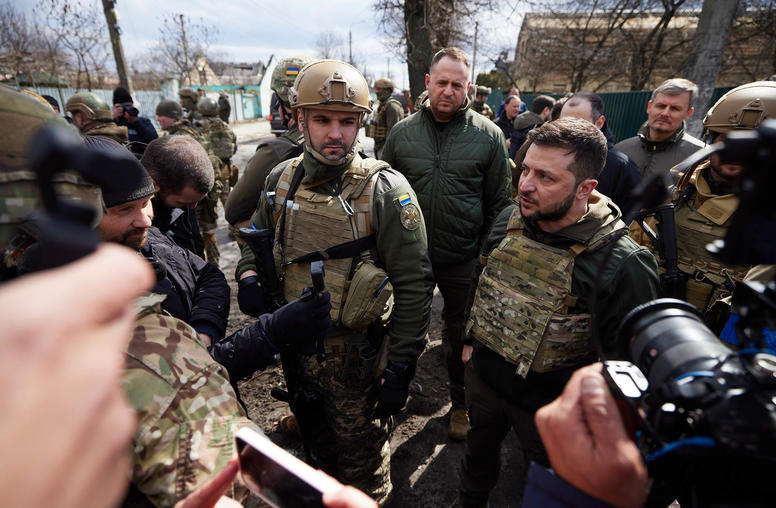
Russia’s War on Ukraine: How to Get to Negotiations
President Volodymyr Zelenskyy has said that Ukraine will negotiate with Russia when Ukrainian forces have pushed Russian army back to their positions of February 24, the day President Vladimir Putin initiated its latest war of aggression against Ukraine. The decision on when and how to negotiate rests entirely with Ukraine. But the United States and other allies can provide the support Ukrainians need in that process. What would that support look like?
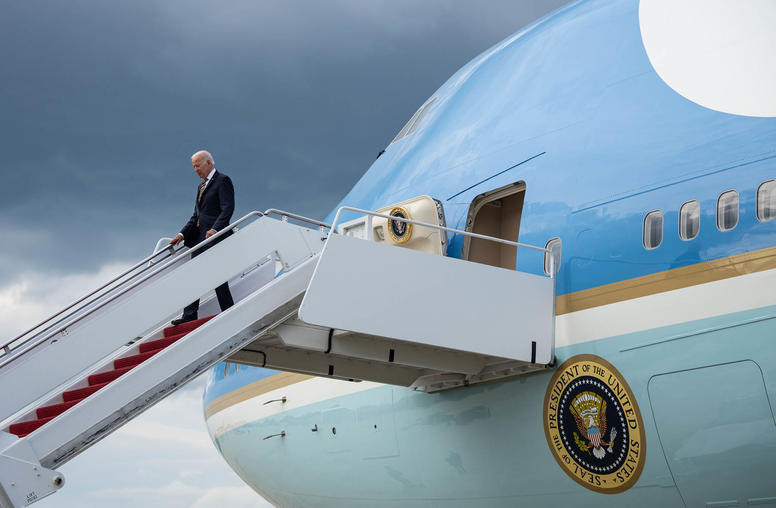
Biden’s Trip, and Ukraine’s War, Could Boost the Abraham Accords
President Biden’s Middle Eastern diplomatic mission this week contrasts with news reports and public discussion in the past year suggesting that the region has become a lesser priority for U.S. foreign and security policy. Biden’s visits to Saudi Arabia, Israel and the Palestinian West Bank territory build on a reality that Middle Eastern states have been knitting new relations, notably via the 2020 Abraham Accords. They are doing so in ways that Biden’s visit, and overall U.S. diplomacy, can advance.

Juan Diaz-Prinz on Incentivizing Peace Talks in Ukraine
As it stands, both sides see little reason to engage in peace talks. But USIP’s Juan Diaz-Prinz says that shouldn’t stop the international community from trying to incentive an end to the conflict: “We’ve got to try everything, and we’ve got to try every avenue until the right one fits.”
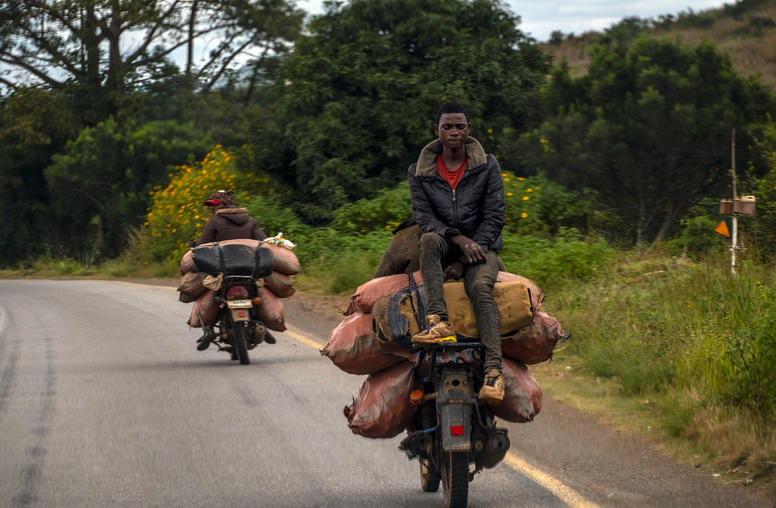
To Counter Russia’s Aggression, Invest in Africa
The current struggle by Western democracies to isolate Russia over its assaults on Ukraine and international rule of law will be costly to sustain. Spiking prices for fuels, fertilizers and foods that Russia exports are risking wider socio-economic instability in many countries. A long-term solution must include a Western partnership to invest economically and politically in Africa, arguably Russia’s most formidable potential economic competitor. This strategy can strengthen a rules-based world against economic coercion by authoritarian powers, stabilize African democracies by enabling them to deliver for their people and strengthen international institutions and laws by including African countries more fully in them.